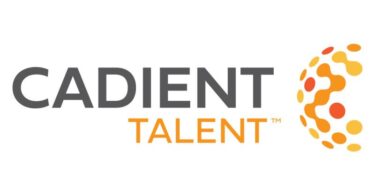In the most recent development in the battle between Airbnb and the hotel industry, AirDNA has developed a market intelligence tool to provide Airbnb hosts with unprecedented access to market data such as seasonality trends, revenue growth, and demand (among many others).
While AirDNA is not associated with Airbnb, the company aims to put key business intelligence directly in the hands of the hosts, allowing them to make informed pricing and investment decisions.

Scott Shatford- Founder & CEO of Airdna
Previously, hotels held the advantage with respect to such business intelligence, as a proper platform for analyzing market-wide Airbnb data was unavailable. Scott Shatford, CEO of AirDNA, is quoted saying, “Airbnb hosts have been operating in an informational vacuum” — a trend that his company is looking to change with its new offering, Market Minder.
Now with a more level playing field between Airbnb hosts and hotels, the two competitors will find themselves needing to differentiate their offerings and tailor a unique customer experience to each of their guests in the midst of radically changing customer expectations. For customers, this means that we should expect continuously improving levels of service between these providers as their competition heats up.
According to a recently released report by Deloitte, travel and hospitality brands that are “able to capitalize on these changing expectations with speed and agility are more likely to capture their share of the billions of dollars in 2017 global travel growth.” The report continues by describing four areas within the travel and hospitality industry that hosts will need to focus on to win the attention of the consumer: authenticity, personalized experiences, removal of friction (in terms of booking), and on-demand functionality.
Perhaps the most apparent or obvious of the four areas mentioned above is authenticity. The desire for “real” experiences has surged with consumers placing a much higher value on authentic experiences over tourist traps in recent years. In fact, this was one of the initial draws to Airbnb, as it offered customers the ability to experience life more like a local and less like a tourist — with local hosts providing local recommendations.

Alonso Franco- CEO of Arrivedo
While Airbnb used to have a leg up in this regard, hotels have begun changing this image by using companies like Arrivedo which helps hotels build Neighborhood Guides to provide unique local recommendations to travelers. Services such as this have enabled hotels to — as CEO Alonso Franco puts it — “bridge this gap for independent hotels by building a technology that fosters community and dialogue between hotels and their guests.”
Given that Airbnb can no longer claim autonomy in the sense of authenticity, and hotels can no longer are the only hosts with advanced business intelligence tools at their disposal, we, as customers, are likely to be the ones who realize the benefit of this increased competition. Accommodation providers will begin to personalize our experiences more and more with both technological and “authentic” offerings.
For these providers moving forward, the difficulty will be accurately interpreting consumer tastes and crafting exciting offers for travelers from across the globe.












